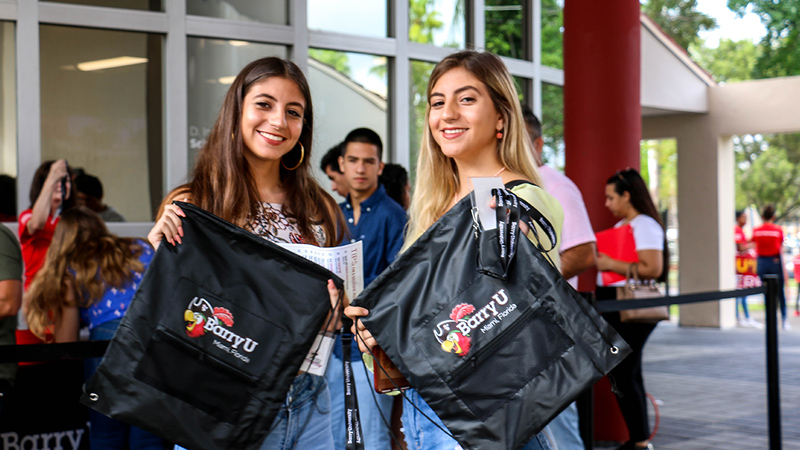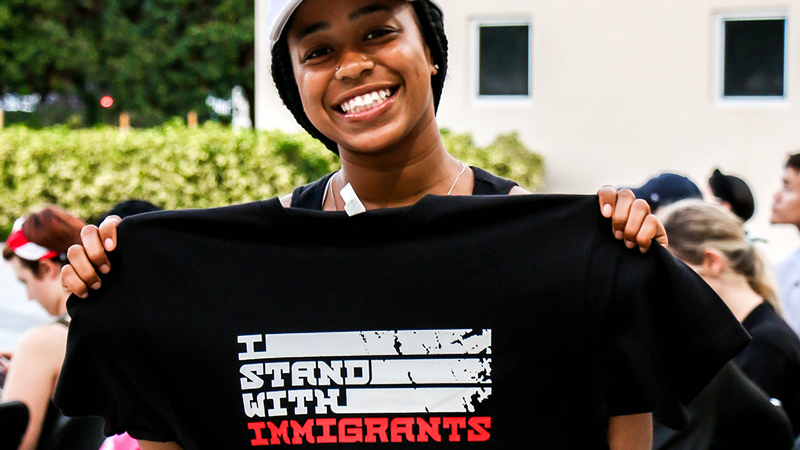The minor in Television and Digital Media affords students the opportunity to acquire skills that will encourage practice. Students can enhance journalistic skills and learn techniques of filming and editing as they produce content to be published on multiple platforms. The flexible nature of the minor encourages students to enroll in classes specific to their interest. Students also find that in Barry Student Media, comprising the newspaper, radio station and TV channel, they have a venue to apply what they have learned in the classroom.
Minor in Television and Digital Media Curriculum
Required Courses (6 Credits)
-
This course provides an overview of the human communication discipline. Students will be introduced to various topics within Communication, including the rudiments of communication theory and a survey of communication contexts (e.g., interpersonal, small group, organizational, public, mass, and intercultural).
-
Covers the fundamentals of modern journalism, both writing and production. Students learn about writing styles for specific types of articles, about copy editing and proofreading, typography, page make-up, advertising, and journalism ethics.
Choose from the following courses (15 Credits)
-
Studio production theory and practice; hands-on experience in basic production, direction, and technical operations of a studio.
-
Students learn the theory and practice of audio production through hands-on experience with contemporary technology and software. (Special fee)
-
Development of skills in communication related settings.
-
This course presents a practical survey of digital and emerging communication platforms. Students learn about institutional, ethical, and design issues that shape the production of content for digital/emerging media and how to produce multimedia content such as hypertext, digital images, podcasts, and videos within the context of well-planned communication campaigns
-
Advanced television production techniques including electronic editing, special effects, and electronic field production. Completion of an individual creative project is required.
-
Includes discussion and application of gate keeping functions:Researching, writing, taping and editing news stories for radio, television and the internet.
-
This course is designed to introduce students to the fundamental theories of mass communication and the role that these theories play in our understanding of the socio-cultural impact media have on society. It emphasizes the forms and effects of media and explains how these influence the structure and performance of media as well as the creation, reception and interpretation of mass media messages
-
The final stage in the life of a production, before air, occurs in the editing room. This course has two main thrusts: hands-on practical instruction in the use of digital non-linear (computer-based) editing systems, and in-depth, intense examination of the aesthetics and communication considerations that motivate the choices in the editing room. Prerequisites: COM 214 and COM 314. (Special fee).
-
Advanced development of skills in communication related settings.
-
Develops skills for positions of news producer and reporter. Includes news writing, analysis of news stories and their relative merit, and production considerations in assembling a newscast.



















